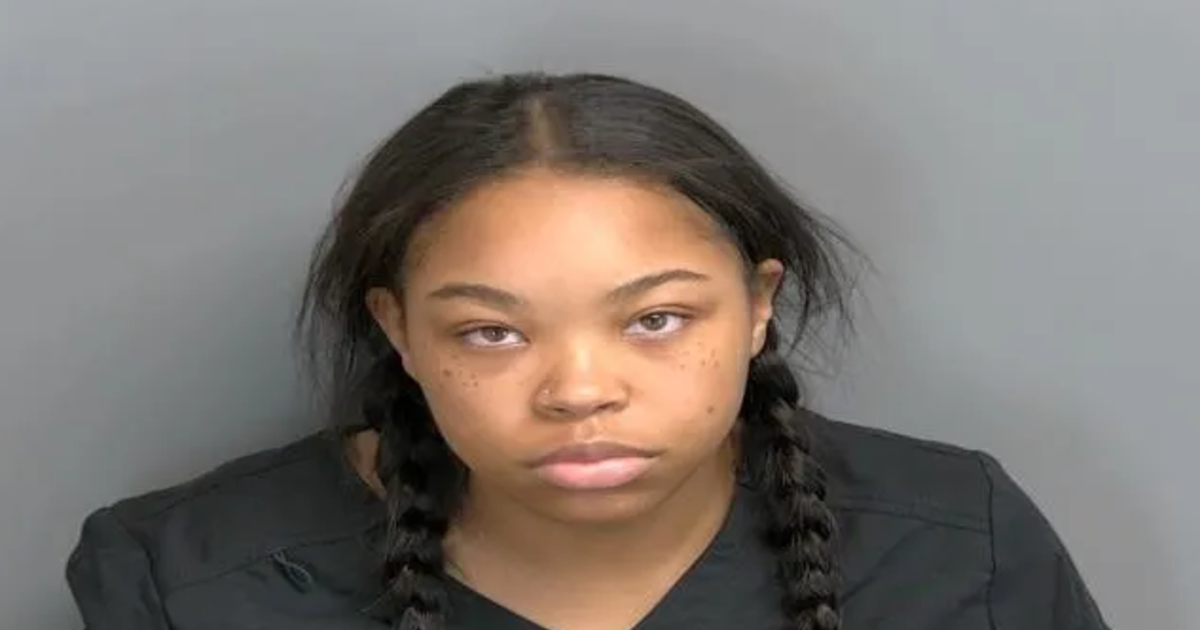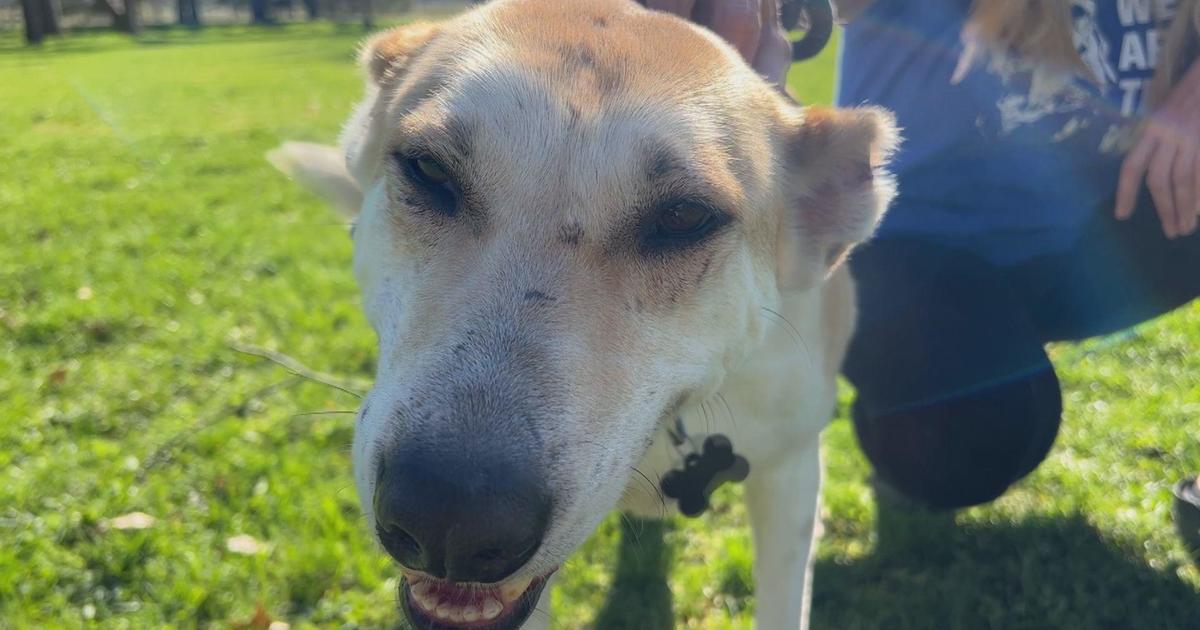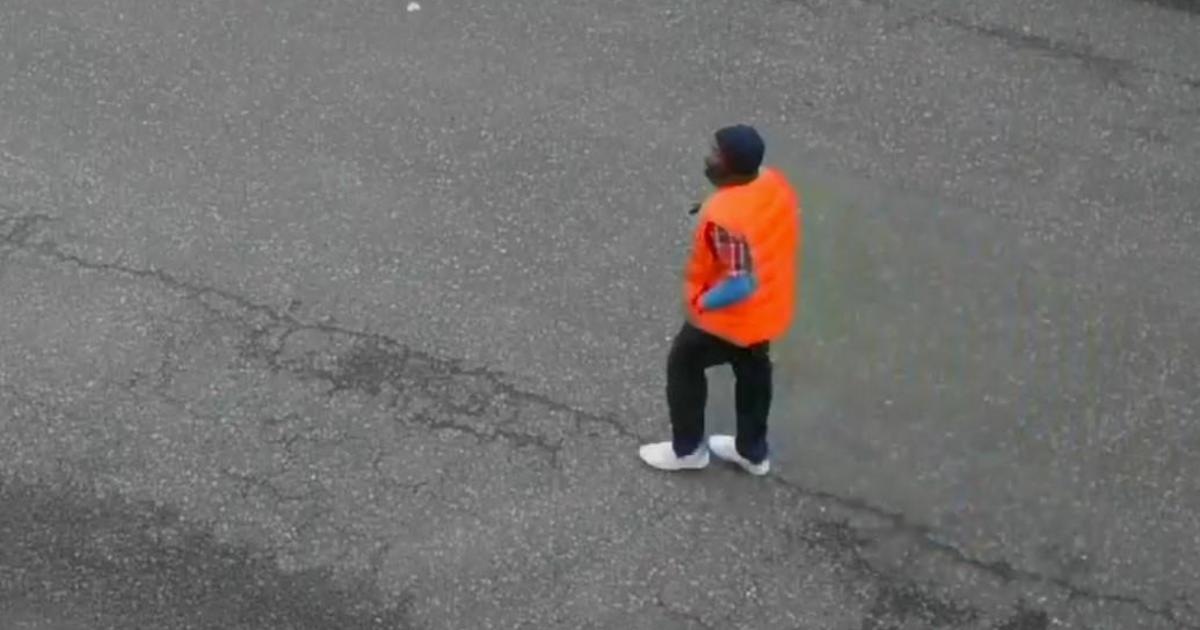Ex-Convict Pleads With Governor To Clear His Name; Innocence Project Seeks Justice
All Mark Craighead wants is to clear his name, and get a job.
That's it.
He's ready to put all those years he lost sitting in prison behind him.
Craighead was locked up for nine years for the murder of his friend, Chloe Pruett, a brutal crime he swears he did not commit. Based on the evidence I've seen, I believe him.
But it doesn't really matter what I think, or what you think. What matters now is what Governor Rick Snyder thinks, if he'll even agree to take a look at Craighead's case.
With help from a powerful ally, Craighead will soon make a last-ditch effort to restore his reputation and have a chance to earn a paycheck.
Since its inception four years ago, the University of Michigan's Innocence Clinic has freed seven wrongly convicted people from prison. Now they're about to do something they've never done before: seek a pardon for a convict who has already been released from prison. Through a clemency petition, they will ask Snyder to grant Craighead a pardon so he can get on with his life.
"Any objective person looking at the evidence will say, 'well this guy couldn't have done this'. But, you know, he had to do nine years in prison for it and it's a lifetime of living with it," said Imran Syed, staff attorney for the Michigan Innocence clinic.
The Crime and Conviction
Chloe Pruett was gunned down in his home in 1997 in an execution-style killing. The case languished for three years. In 2000, homicide investigators picked up Craighead as he arrived home from his job at Chrysler. They interrogated him for 17 hours and came up with what they said was a signed confession.
"The next thing I knew they came in and said I signed a confession and everything else. I never signed a confession. I just signed that I wasn't deprived of water and everything else like that," Craighead said.
Craighead was tried for murder, even though there was no physical evidence and there were no witness implicating him in the crime. And the confession, which was written out by a homicide investigator, not Craighead, didn't even match the evidence at the scene, according to Innocence Clinic lawyers.
The jury convicted Craighead, even though they had their doubts. The killing of Pruett was clearly a cold-blooded, first-degree murder, but the jury found Craighead guilty of a lesser offense: manslaughter.
The Alibi
Craighead had an alibi. He was working the all-night shift at a Sam's Club in Farmington Hills, miles away from the murder scene when the killing happened. There was no way for him to leave his job without being noticed. The building where he worked was armed with an alarm system.
"A boss came in at the trial and told us you're locked in. The only way you can get out is to call the police and the police knew that you were coming out. We proved that there was no breach with the police records."
Craighead's lawyers tried to bolster the alibi. Craighead told them he almost always made calls to family members and friends from the phone at Sam's club during his shift. His lawyers subpoenaed records from the phone company. They showed no phone calls made to any of Craighead's associates the night of the murder.
The jury clearly wanted to believe Craighead, but they needed more.
"We know it was really important for the jury that they know what Mark was doing that night because they asked, 'is there any kind of work records that indicate he was actually there that night'? There weren't unfortunately and he got convicted," Syed said.
In an unfortunate twist of fate for Craighead, all of the payroll records at the Farmington Hill's Sam's Club had been destroyed by a sprinkler system malfunction.
The Newly Discovered Evidence
What nobody knew at the time of the trial is that Craighead's attorneys had some of the phone records, but not all of them. In 2009, the Michigan Innocence Clinic discovered new evidence that, they say, clearly shows Craighead could not have committed the crime. Remember, Craighead's lawyers only subpoenaed the phone company for records.
"Us, years later, having students with nothing better to do than to dig around and try to do things that attorneys have already done, they got the records from Sam's Club, not through the phone company, and there were in fact three calls made that night to people that only Mark would call," Syed said.
The calls were made to Craighead's brother and a friend who was a well-known Detroit disc jockey. Both men said that Craighead had called them all the time from Sam's club and no one else ever called them from that store.
Still the judge was not convinced. She denied Craighead's appeal, saying she didn't think the new evidence met the legal threshold.
Craighead was shocked by the decision.
"I mean I don't really understand the dynamics of it. Once you see that there's really no validity in the charges at all, why can't a judge just overturn anything? It just didn't make no sense to me."
But Syed says these decisions are not based on the merits of the case and courts often don't have authority under the law to deal with new evidence claims.
"This is something that courts themselves increasingly begin to recognize. They say, 'well we can't really reach this claim, and this guy's really innocent and that's too bad'. And that's really why the governor needs to step in," said Syed.
Out of Work But Not Out of Hope
In the meantime, Craighead lives with the stigma of a felony conviction and he says it's been impossible to get a job. He says his wife stuck with him through the prison term but now the marriage has crumbled.
"Four years, five years I've been out, I'm about to get a divorce. I haven't had a meaningful job. I mean everything hinges on this conviction," said Craighead.
Craighead says if he tells a prospective employer about the conviction, the game is over. And, if he doesn't tell them, and they offer him a job, they do a background check and he winds up losing the offer.
"My life has pretty much been destroyed…but I think I should be exonerated because I didn't do the crime," said Craighead.
In the meantime, Craighead isn't sitting around wallowing in self-pity. He's forming a non-profit and looking for funding to set up a transitional housing center for homeless veterans called Safe Place. He has support from some prominent people who are also backing him in his bid for clemency.
Craighead is praying that the governor will take a hard look at the evidence and the circumstances of his case.
"You know, I'm suffering, my family's suffering. I just want to be cleared, man. I want the governor to see that this is not what really happened and be cleared so I can move on with my life."
Veteran TV investigative reporter Scott Lewis is now in private practice. Scott Lewis Private Investigations is a premier, full service agency serving the state of Michigan. If you need private investigation services, contact Scott at 1-855-411-Lewis (5394), email him at info@scottlewispi.com or check out his website at www.scottlewispi.com.



